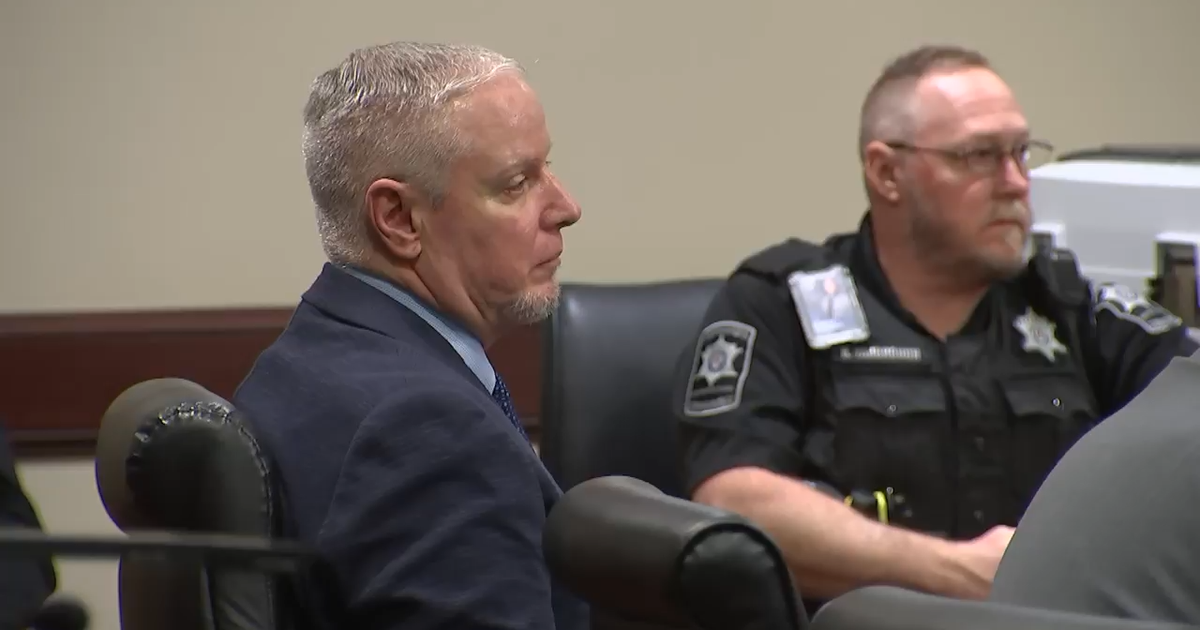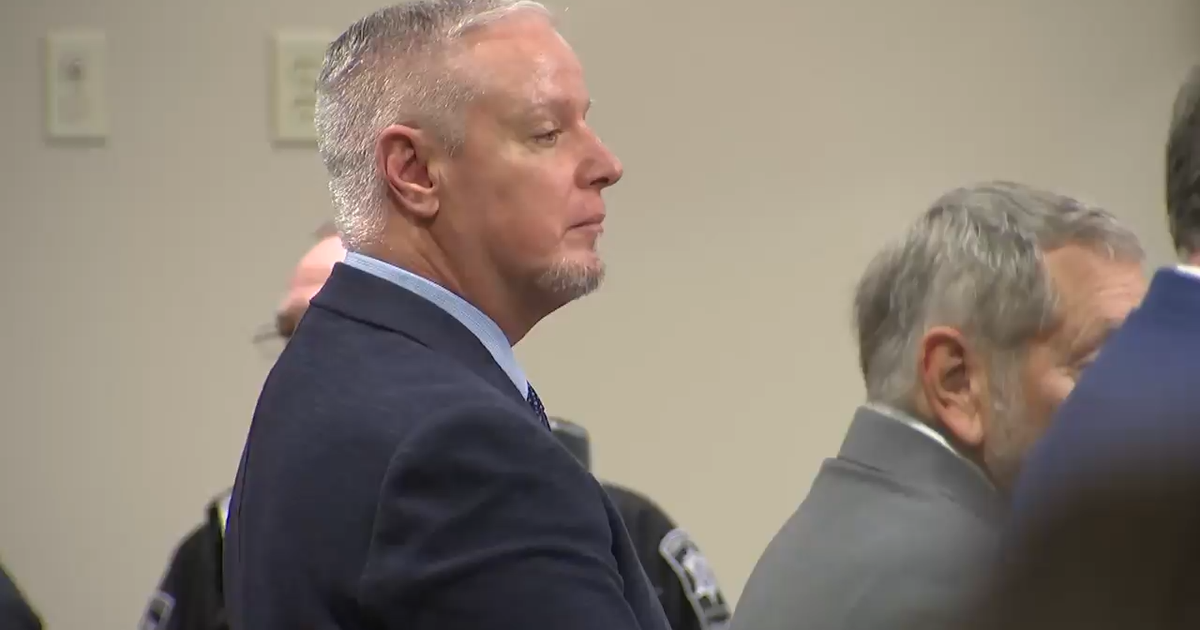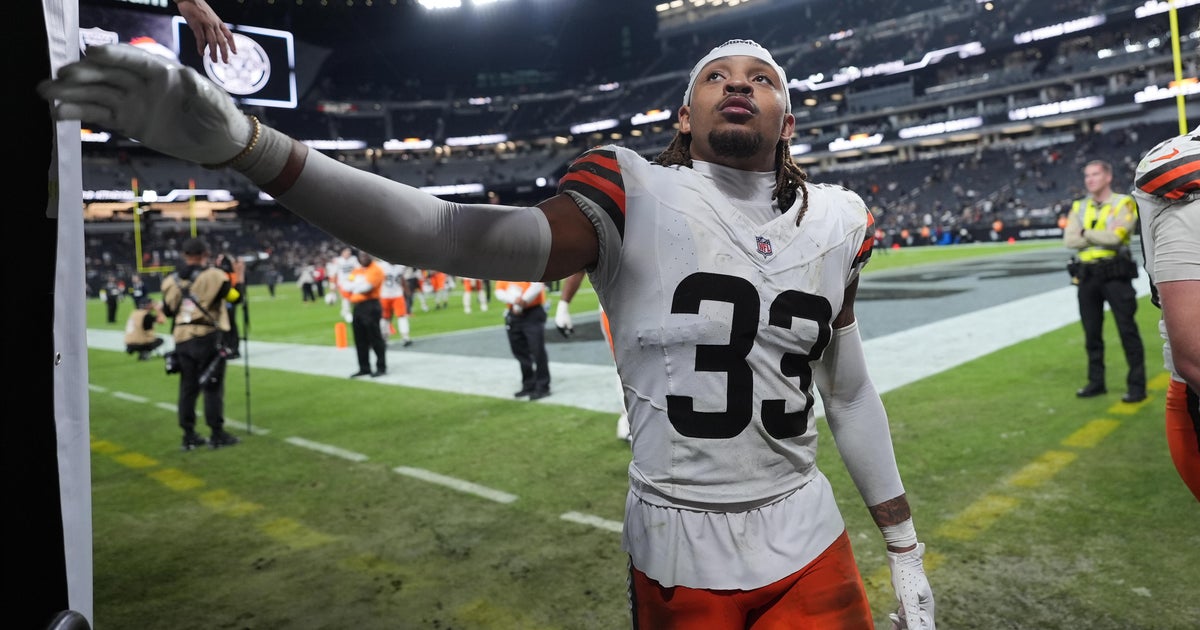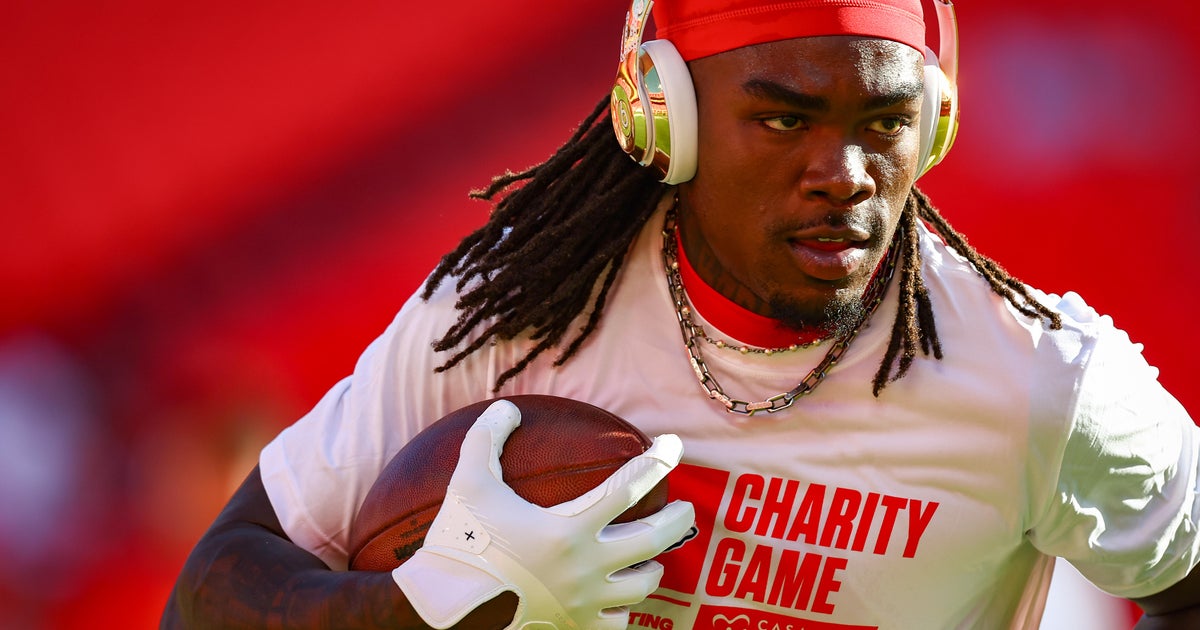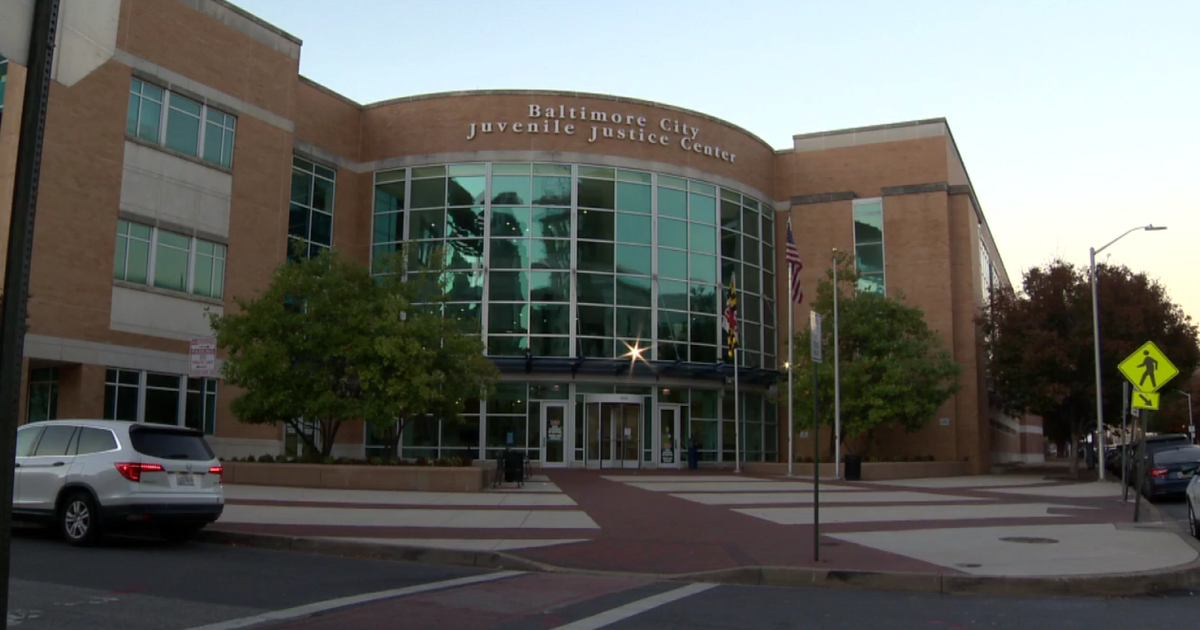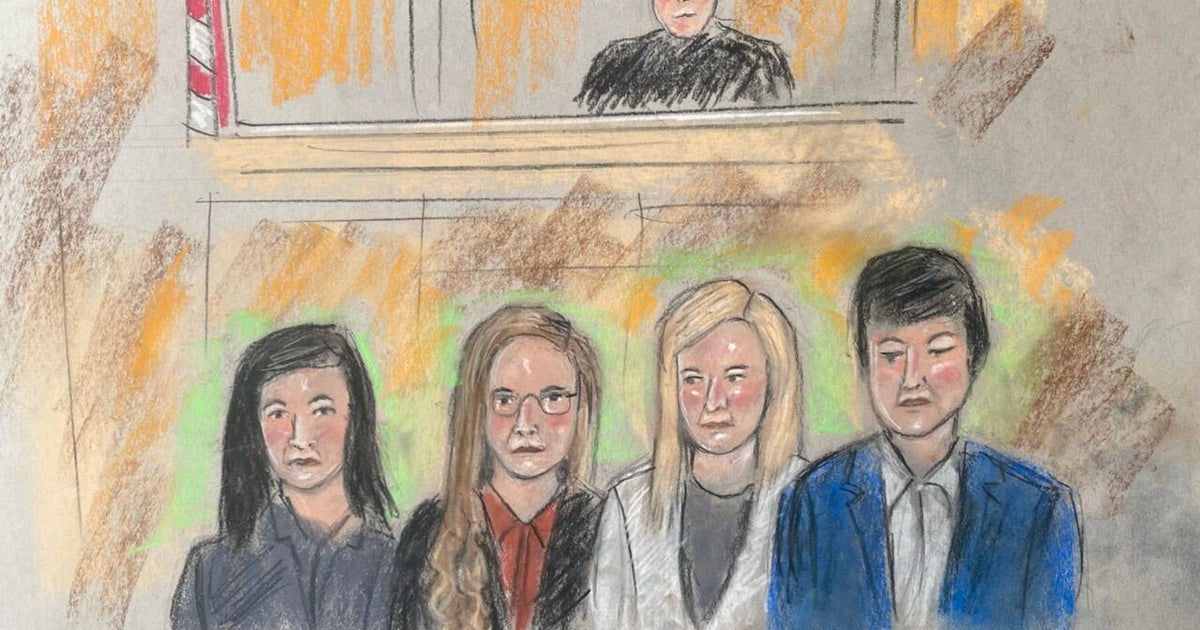Jonathan Majors' accuser Grace Jabbari testifies in assault trial
NEW YORK -- Jonathan Majors was back in court Tuesday, facing the woman accusing him of assault.
Grace Jabbari, 30, was on the stand, detailing how they met on the set of the movie "Ant-Man and the Wasp: Quantumania." She told jurors the relationship intensified quickly before it became abusive.
As CBS New York's Jessica Moore reports, Jabbari sobbed as she told the jury Majors, 34, threw glass candles at her head when she asked if he was OK, didn't speak to her for days because she went to a music festival, and berated her for mentioning an ex-boyfriend. Testimony stopped at one point because she was overcome with emotions.
The jury heard a recording of Majors yelling at Jabbari, calling himself a great man and telling her he needed a woman like Michelle Obama.
Prosecutor's say Jabbari's testimony paints a picture of systemic abuse by Majors that culminated with the events of March 25, 2023, in Chelsea.
Majors faces two charges of assault in the third degree, as well as harassment and aggravated harassment.
What happened during the alleged domestic assault?
Majors was accused of hitting Jabbari during in the back of a chauffeured SUV back in March and then shoving her back into the car after they had gotten out. Jabbari claimed she tried to grab Majors' phone after she saw a text message from another woman that said, "Wish I was kissing you right now."
Prosecutors say as he tried to retrieve his phone from her, Majors then slapped Jabbari, fractured her finger, twisted her right arm behind her back and struck her right ear, causing her to bleed. After they got out of the vehicle, he allegedly pushed her back inside, causing her to fall backward.
Jabbari was treated at a hospital for minor injuries to her head and neck, police said. She was granted a temporary order of protection.
Majors and his attorney have claimed Jabbari was the one who attacked him, saying she was having an "emotional crisis" and Majors was a victim defending himself. His lawyer, Priya Chaudhry, said she has video evidence showing, "irrefutable evidence that the woman is lying, including video proof showing nothing happened, especially not where she claimed."
Choudhry said Majors was the only person who emerged bloody from the car after Jabbari scratched him. The defense also argued Jabbari spent the next few hours partying with strangers, showing no signs of physical injury.
Why was Jabbari arrested and released?
Majors was arrested on March 25 on suspicion of strangulation, assault and harassment. Police responded to a 911 call for a domestic dispute around 11:14 a.m. at an apartment in Chelsea.
Officers said they determined Majors and Jabbari were involved in a domestic dispute, and they arrested Majors at the scene. He claimed Jabbari had attacked him.
Majors was released on his own recognizance the same day, before he was arraigned the following day.
Six months later, police arrested Jabbari on charges of misdemeanor assault and criminal mischief.
Majors' attorney had provided video evidence that she claimed showed Jabbari was responsible for the assault. Police opened an investigation into Jabbari based on a cross-complaint filed by Majors.
Hours later, the Manhattan District Attorney's office dropped the charges, saying the office "has officially declined to prosecute the case against Grace Jabbari because it lacks prosecutorial merit."
Prosecutors pointed to "concerning" discrepancies in the evidence handed over by Majors' attorney, including a witness who said a statement provided by him was false. The witness was quoted saying he watched Majors "gently" place Jabbari into the car after she slapped him. He said he never wrote that statement, according to the district attorney's office.
"The matter is now closed and sealed," said Doug Cohen, a press secretary for the prosecutor's office.
What can we expect during trial?
The trial began Wednesday, Nov. 29 with Judge Michael Gaffey presiding over the case.
Prosecutors Kelli Galloway and Michael Perez said the Manhattan District Attorney's office plans to present 14 witnesses and they would need six days to present their case.
Before opening statements Monday, both sides agreed to consolidate the charges Majors is facing, so the jury can more easily understand and make a decision.
The judge also granted a request to show the jury police body camera video of Jabbari but without audio. The video was taken after the alleged altercation as she was speaking with officers.
Majors' attorney will cross-examine Jabbari on Wednesday morning. The trial is expected to last two weeks.
If convicted, Majors could spend up to one year in prison.

